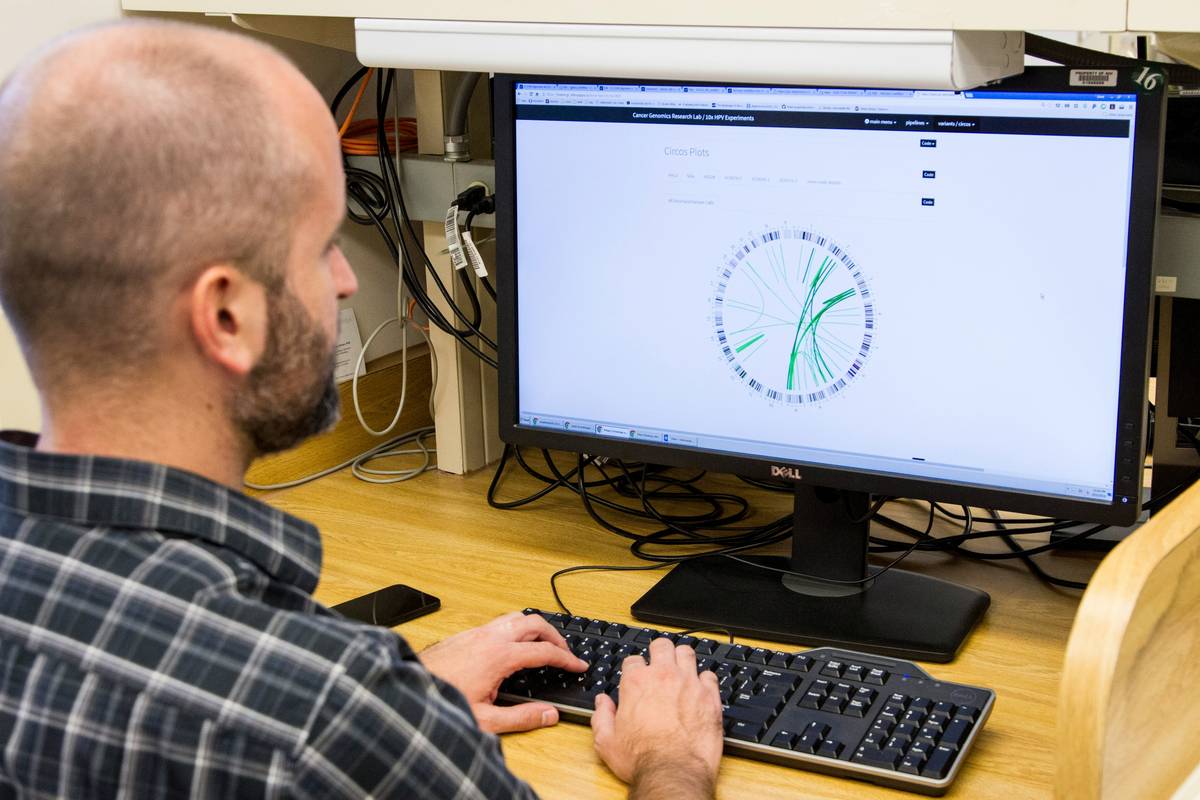Ever wished there was a magical app that could untangle your chaotic research pile and organize it into neat, manageable categories? If you’re nodding furiously, chances are you’ve struggled with keeping academic papers straight. “I once misplaced three weeks’ worth of annotated sources because they were all dumped in my Downloads folder—RIP brain cells,” I confess. Sound familiar? That’s where an academic paper organizer comes to the rescue.
In this article, you’ll discover why an academic paper organizer is essential for boosting productivity in your research journey. We’ll dive deep into tools, tips, and strategies to help you master your workflow. You’ll learn how to choose the right apps, streamline processes, and avoid rookie mistakes that make even coffee taste bitter.
Ready? Let’s get started!
Table of Contents
- Why You Need an Academic Paper Organizer
- How to Choose the Perfect Tool
- Best Practices for Maximizing Productivity
- Examples: Success Stories from Researchers
- FAQs About Academic Paper Organizers
Key Takeaways
- An academic paper organizer helps declutter your digital workspace and improve focus.
- Not all organizers are created equal; consider features like tagging, cross-platform syncing, and collaboration capabilities.
- Properly categorizing papers early on prevents overwhelm later during writing phases.
- Poor file management can lead to delays, missed citations, and unnecessary stress.
Why You Need an Academic Paper Organizer
Imagine being neck-deep in studies and suddenly realizing you don’t remember where you saved that groundbreaking PDF you flagged last week. Sounds like your laptop fan during crunch time—whirrrr. Now imagine having a system so foolproof, finding files feels as easy as liking Instagram posts. Enter the academic paper organizer.

Research shows (no pun intended!) that disorganized workflows cost researchers up to 40% more time. Without a solid system, every search becomes a scavenger hunt. But fear not—the right app can transform chaos into clarity. Whether it’s Zotero, Mendeley, or EndNote, these tools bring order back to the madness.
Optimist You:
“This will save hours!”
Grumpy You:
“Hours saved—but only if setup doesn’t take forever.”
How to Choose the Perfect Tool
Choosing an academic paper organizer isn’t just about picking one off Google results—it’s personal. Here’s how to find ‘the one’:
Step 1: Define Your Needs
Ask yourself:
- Do you need cloud storage integration?
- Will you be collaborating with others?
- Does it support reference management AND task tracking?
Step 2: Evaluate Key Features

| Feature | Zotero | Mendeley | EndNote |
|---|---|---|---|
| Cloud Syncing | Yes | Yes | Paid Only |
| Cross-Platform | Yes | Yes | Yes |
| Collaboration Tools | Basic | Advanced | Extensive |
Step 3: Test Before Committing
No matter what glitzy reviews say, the tool has to work for you. Download trial versions or free demos before investing any money.
Rant Break:
Honestly, the worst thing is when people recommend overly complicated tools without considering simplicity. Not everyone wants bells and whistles—they want something that works!
Best Practices for Maximizing Productivity
Now that you’ve chosen an organizer, let’s talk tactics. Follow these golden rules:
- Name Files Consistently: Use clear naming conventions (e.g., Author-Year-Title).
- Tag Strategically: Create tags based on themes, dates, or relevance.
- Regular Backups: Automate backups daily or weekly to prevent data loss.
Pro Tip: Don’t overtag! Too many labels = chaos rebound.

Examples: Success Stories from Researchers
Take Sarah, a PhD candidate who cut her lit review prep time by 75%. She credits Zotero’s tagging feature for turning a mountain of papers into navigable stacks.
Another user raves about Mendeley’s group projects feature, which simplified co-authorship duties. No endless email threads required—it’s chef’s kiss for team collaborations!
FAQs About Academic Paper Organizers
What Is the Best Free Academic Paper Organizer?
Zotero is highly recommended due to its robust free version with plenty of plugins.
Can I Use Multiple Apps Together?
Technically yes—but try sticking to one primary platform unless integrating seamlessly.
Is Cloud Storage Safe?
Reputable services encrypt data securely; however, always check privacy policies!
Conclusion
There you have it—a comprehensive guide to leveraging an academic paper organizer for peak productivity. From choosing wisely to implementing best practices, this ultimate hack saves both time and sanity.
Remember: Organization + Strategy = Success.
Like a Tamagotchi, your research needs daily care. Keep nurturing it with proper tools!


